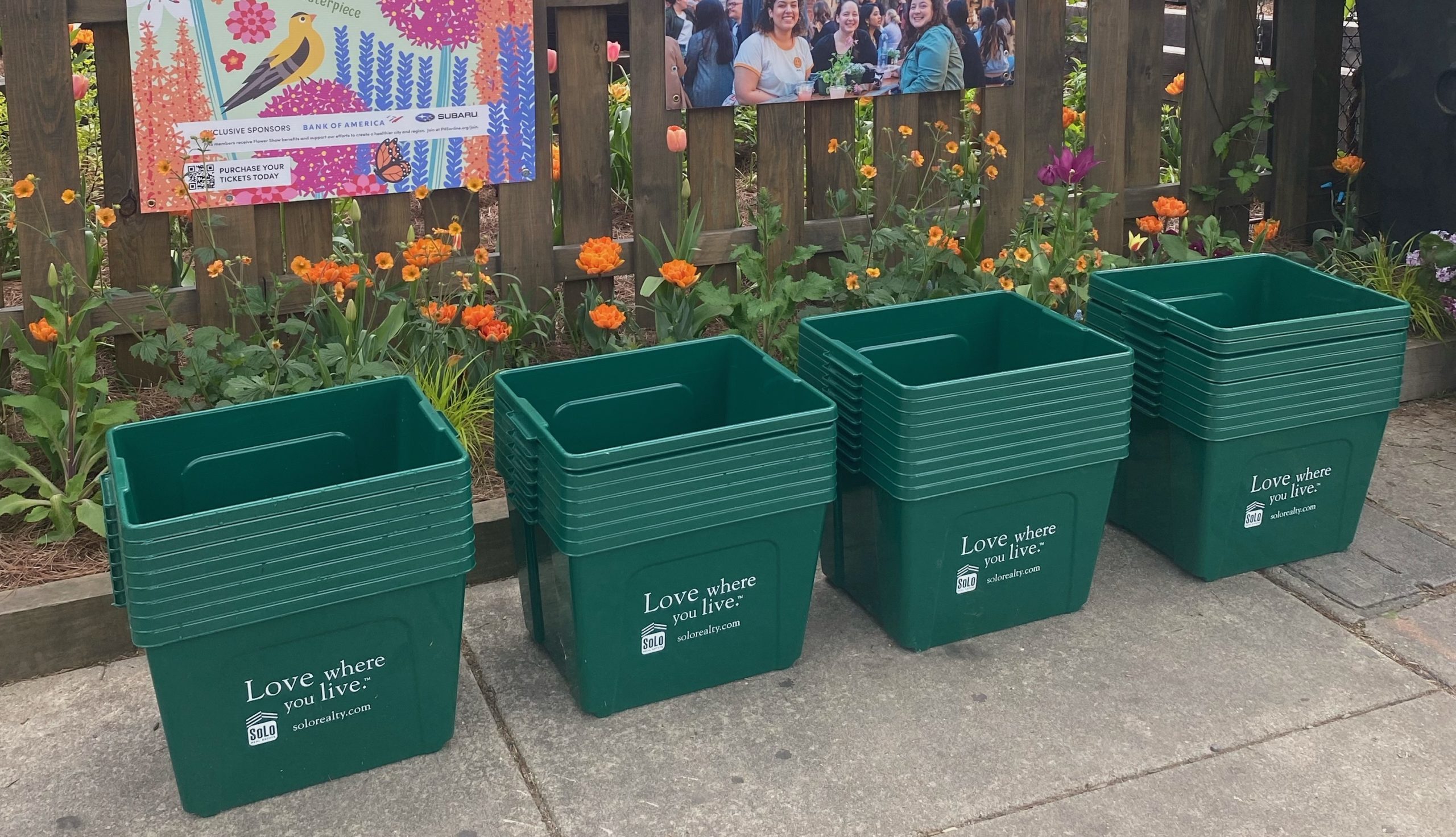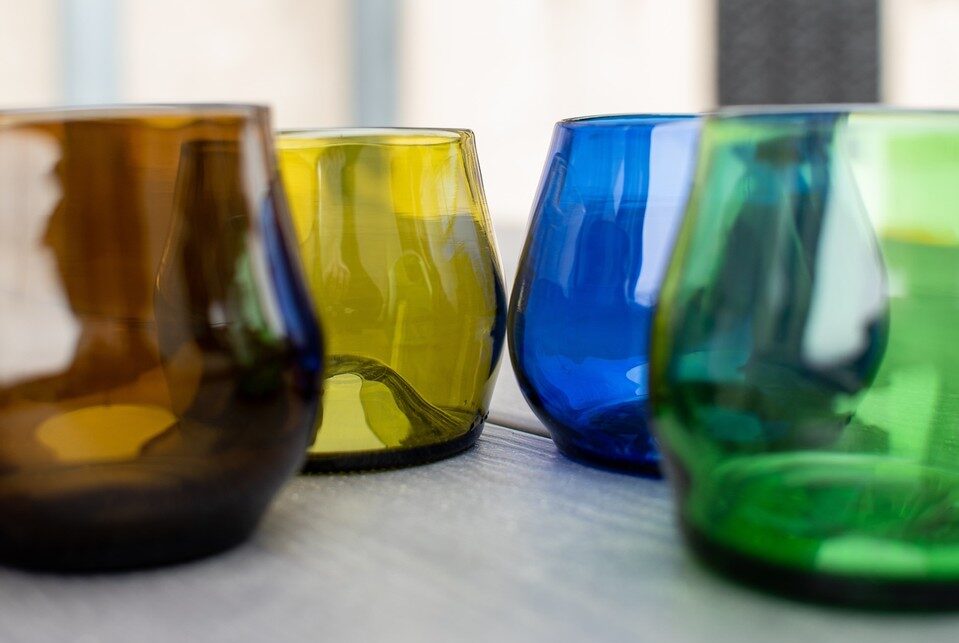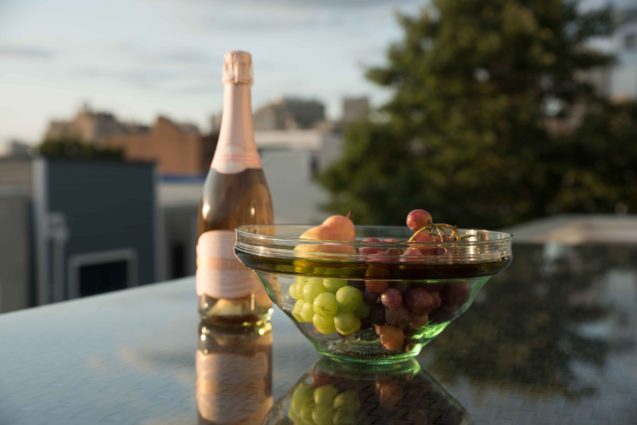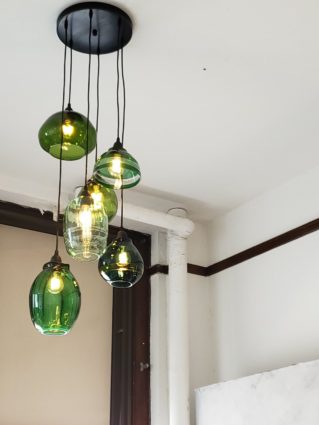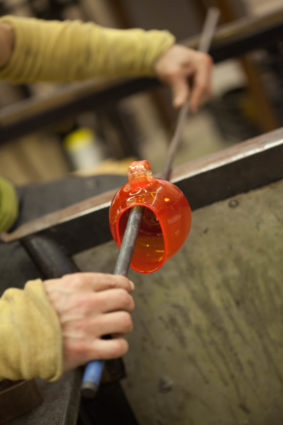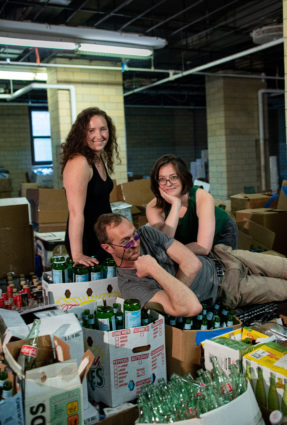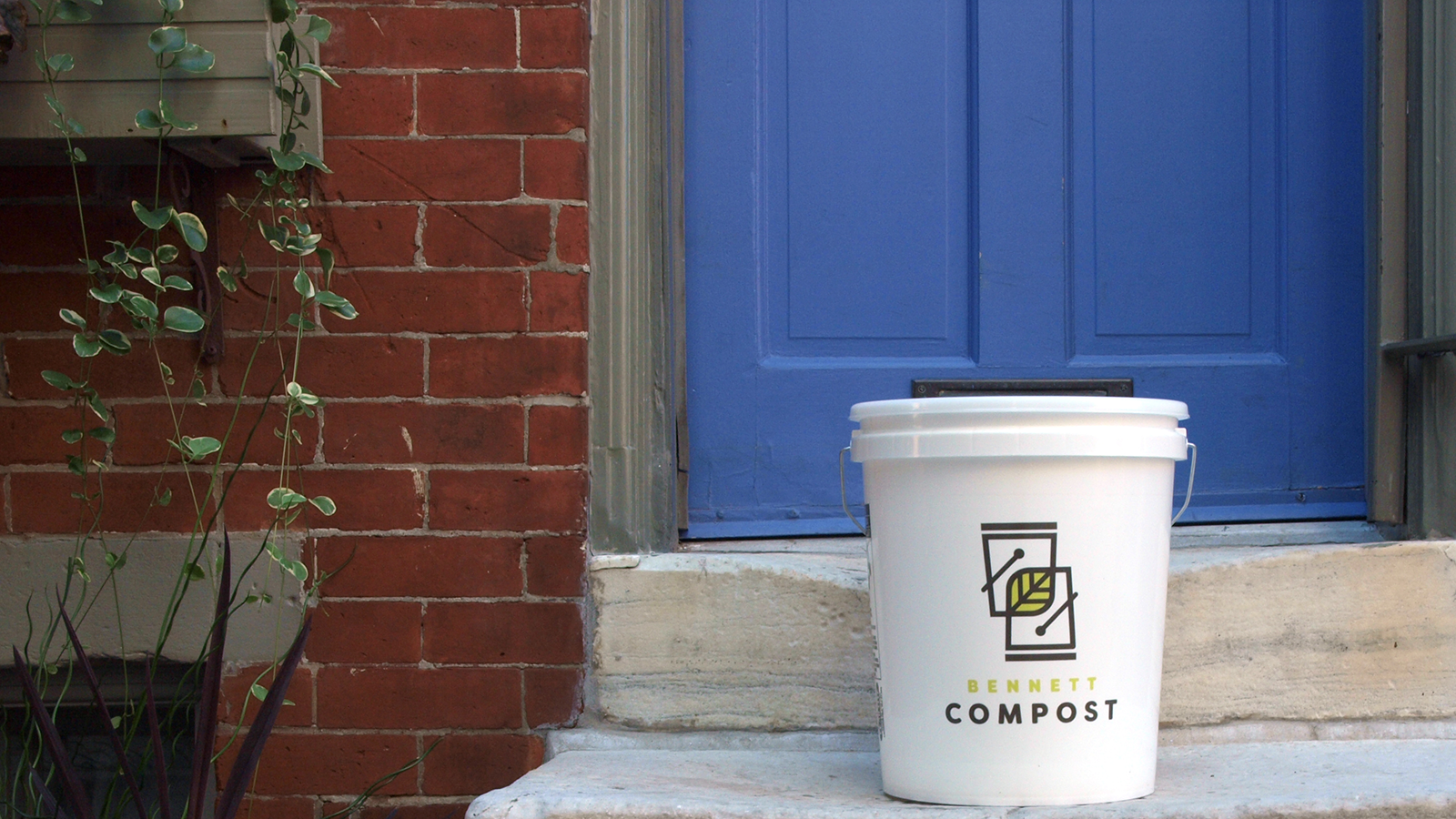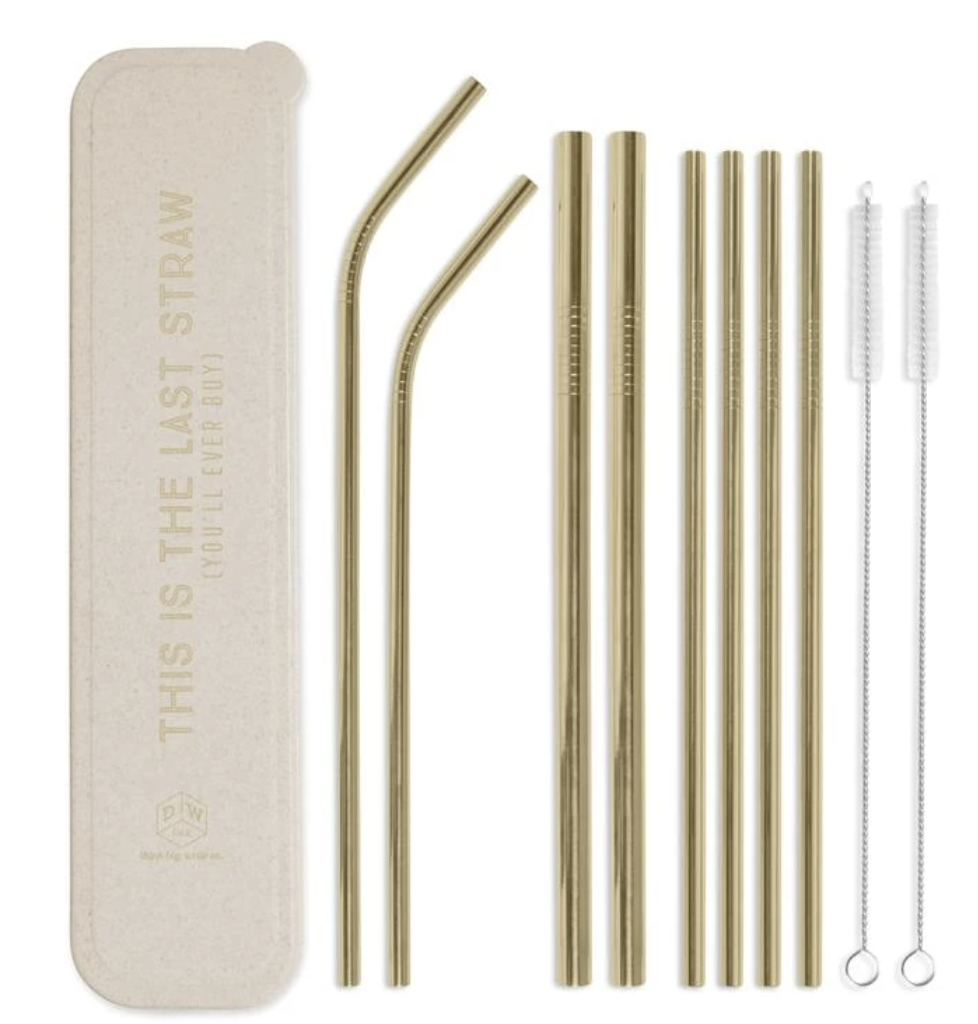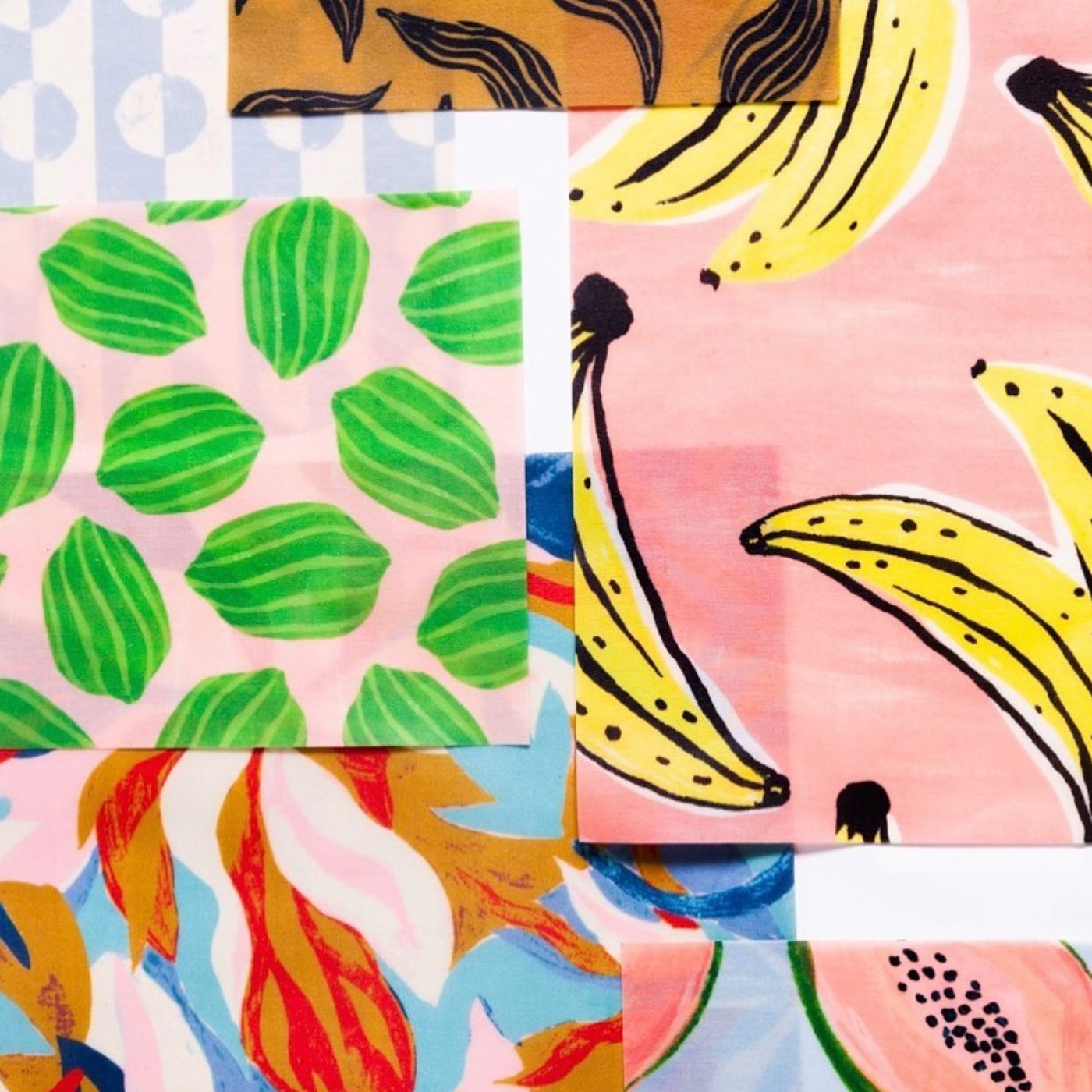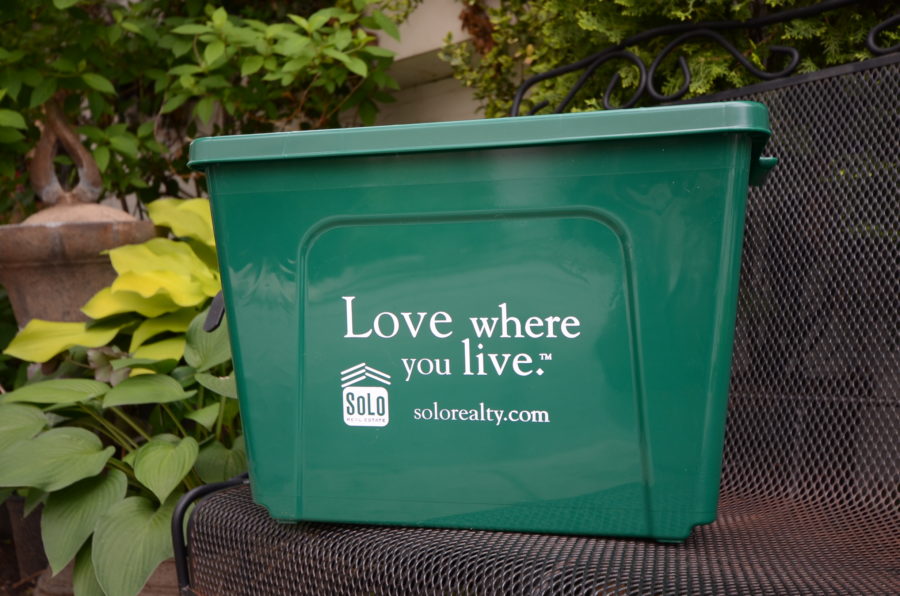When it comes to recycling, Philly has options but determining what can and can’t be recycled (especially when it comes to plastics) can be difficult to decipher. We’ve put together a guide on plastic recycling to provide tips and introduce you to two innovative startups dedicated to keeping plastic out of landfills and waterways.
Philadelphia offers free recycling bins to residents at six pick-up locations throughout the city. They recommend contacting the location first to ensure supply, as they may run out. If you’re not near a sanitation convenience center or they’re in short supply, Solo provides free recycling bins too! Just send us a note to schedule a time to pick up at our office in Center City.
Hard vs Soft Plastics
Philadelphia has a single-stream recycling system, meaning you can put all of your recyclables together in one bin — cans, glass, mixed paper, cardboard, and most plastic containers — no need to sort or separate them. It will be collected on the same day as trash day.
Hard plastics, such as bottles, milk and juice jugs, jars, soup cartons, boxed wine cartons, detergent and shampoo bottles, and pump and spray bottles can all be recycled, as long as lids and containers are completely emptied and thoroughly rinsed.
Soft plastic cannot be recycled. This includes disposable plates, cups, takeout containers, bubble wrap, plastic packing peanuts, foam rubber and Styrofoam. Ditto for plastic syringes. These materials have little or no value as raw materials, damage recycling equipment, and can even injure workers so you’ll need to dispose of them in your regular trash bin.
Plastic Types and Numbers
When you look at labels for plastics, you’ll often see a number in the middle of a recycling symbol. These numbers are called resin identification codes. They’re an industry standard used to communicate the type of plastic that item is made from.
Typically, 1 (Polyethylene terephthalate), 2 (high-density polyethylene – HDPE) and 5 (polypropylene) are all recyclable through the city’s recycling system.
- 1 – PETE or PET: Polyethylene terephthalate (soft drink bottles, tote bags, furniture)
- 2 – HDPE or PE-HD: High-density polyethylene (Bottles, grocery bags, milk jugs)
- 3 – PVC: Polyvinyl chloride (window profile, siding, fencing, shower curtains, children’s toys)
- 4 – LDPE or PE-LD: Low-density polyethylene (Plastic bags, six-pack rings)
- 5 – PP: Polypropylene (Auto parts, industrial fibers, food containers)
- 6 – PS: Polystyrene (styrofoam, cafeteria trays, plastic utensils, coffee cup lids)
- 7 – OTHER: Other plastics, such as acrylic, nylon, polycarbonate, and polylactic acid
Plastic Bags
The city’s recycling program does not accept plastic bags. If you have them, safely recycle plastic bags by returning them to drop-off locations at specially-marked recycling bins located at the front of supermarkets. Even better, just say “No” to plastic bags and bring your own reusable tote bag when you shop.
Starting on July 1, 2021, the city of Philadelphia will begin implementing their much-awaited ordinance on single-use plastic bags. While it won’t fully go into effect immediately (the website says prohibition will begin on October 1, 2021) the city is making steps towards a more sustainable future. They plan to fully enforce the ban on plastic bags by April 1, 2022.
Rabbit Recycling
In 2018, brothers Brian and Matt Siegfried launched Rabbit Recycling in the Spring Garden neighborhood. They saw an opportunity to improve municipal recycling. Their motto is “Empowering people to be better stewards of the earth.”
“The City only takes certain items and our list is much more extensive,” said Matt Seigfried. “Over 97% of household and business items that end up in landfills are made from a combination or single source sub-material(s): rubbers, plastics, metals, and fabrics. Through decomposition and separation, our team is able to increase the number of items recycled and reduce the number of items going to landfills.”
Rabbit’s extensive list of acceptable items includes everything from shower curtains to sewing machines. “We take almost anything,” said Seigfried. They will haul away bedding, luggage, clothing, microwaves, foam pillows, etc. Note: all items must be clean. Collected materials are recycled, donated or reused.
Customers may request a five or eighteen-gallon container to be delivered to their residence or place of business. Pickup is arranged when the container is filled. They offer three different pricing options. On-demand service, a monthly subscription service, and a special plan for businesses.
United By Blue
If you care about the environmental hazards of plastics entering our waterways, thank Philly entrepreneur Brian Linton for founding United by Blue. His philosophy? Change comes in waves.
United By Blue was created in 2010 on the notion that a successful outdoor brand can do serious conservation work. Today, they have two retail shops in Philadelphia and one in New York City, selling outdoor gear made of sustainable materials that are ethically manufactured. How does selling backpacks and outdoor clothing rid oceans and rivers of trash? “For every purchase, one pound of trash is removed from our waterways,” said Linton.
To date, United by Blue has removed over three million pounds of trash from the ocean. They started by hauling old tires, gathering plastic bottles, and picking up the bits of styrofoam that litter the shoreline. “We build community through our waterway cleanups, determined to spread the idea that if one business can make a difference, so can one person,” said Linton.
“Ocean pollution is undeniably one of the most pressing issues of our time. The overwhelming amount of plastic in our waterways is polluting our beaches, choking our wildlife, and contaminating our drinking water,” he said. “We are committed to making a tangible impact, so we confront ocean trash in the most direct way we know how: by getting our hands dirty and removing it from the waterways. By mobilizing the community to join us, we aim to not only rid our shorelines of litter but also to inspire individuals to live less wasteful lives.”
For more information about recycling in Philly, read our article on Single-Stream Recycling In Philly. One of the best ways to help the environment is to build eco-friendly habits and find ways to minimize your waste footprint.

